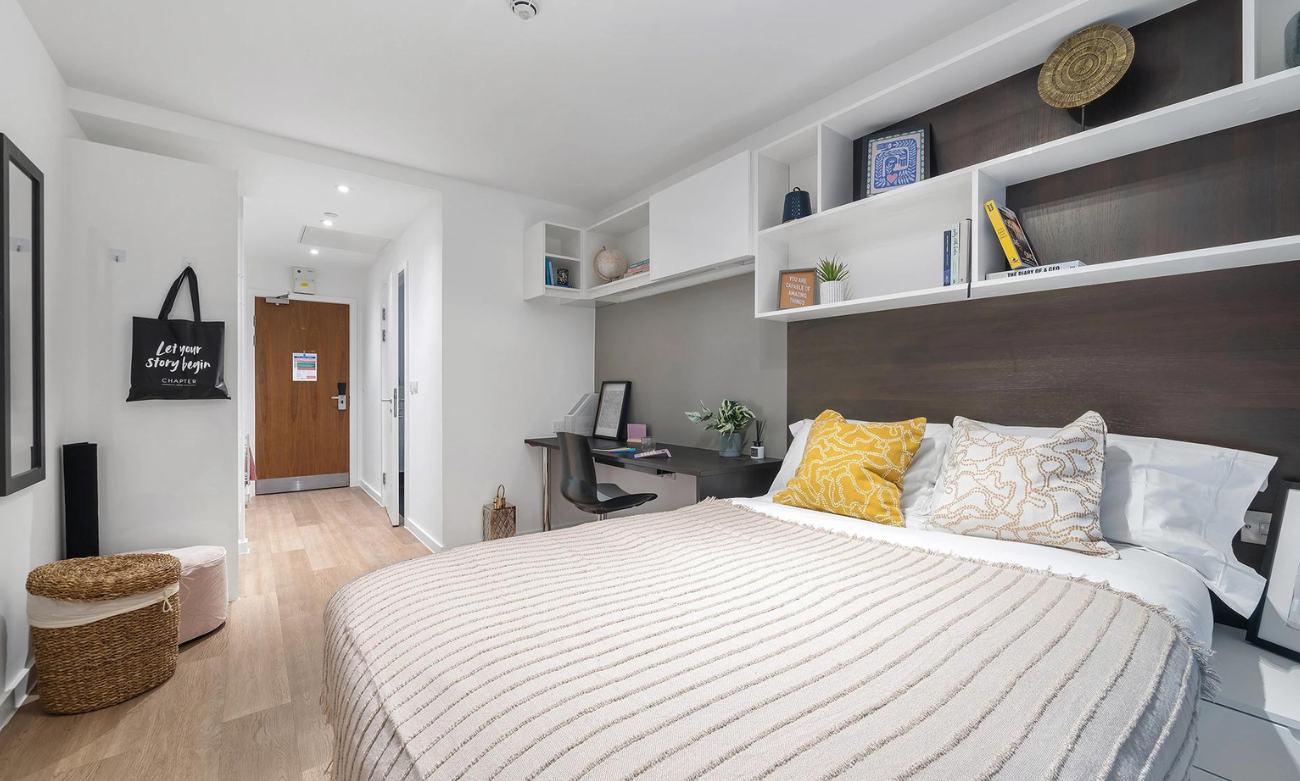How to sort out accommodation before university starts?

How to sort out accommodation before university starts?
Avoid the stress of sorting out accommodation before you start university by following our tips.
Start your search early
The final year of your A Levels, or equivalent, is a stressful time. You’ll have to balance your studies with researching what courses you want to apply for, viewing universities and possibly juggling a part time job, therefore making the time to research what accommodation options are available and what you can afford will be a lot to fit in in.
So, why not start your research a year ahead. When you have a shortlist of the universities, you’d like to apply for jump onto GoBritanya and research what accommodation options are available near the university or the areas in the city you’d like to live. It will also help you work out a realistic budget.
Create a budget and know what you can afford.
Accommodation in big cities, such as London, Birmingham and Manchester can be expensive so doing your research and knowing how much you will need to save up or borrow is advisable.
Creating a budget outlining all your living costs during the academic year is important and it might well influence where you apply. For example, according to research the average spend for students in the UK is £807 per week. More than half of that (£437) goes on rent, followed by groceries (£92), going out (£49), transport (£44), takeaways (£34), household bills (£32) and clothes/shopping (£31).
And remember to check whether internet, gas, water, and electricity are covered in the rent, as it’s typically not included in the rent if you choose to live in a house or flat but it is included in the rent for Student Halls and by providers of student accommodation, such as stuhomes.
Another expense is Council Tax, and whilst students are exempt from paying this tax during term time read our blog to learn more about Council Tax and how to apply for the exemption.
Research the student accommodation options available
As a student you’ll have a few options available to you from Student Halls, Private Student Accommodation, renting a flat or house, renting a room or living with a host family. Take the time to research all of them and read our blog on the pros and cons for each one.
Research which area you want to live in
Most Student Halls are either on campus or in the city centre, which might not be what you want. Therefore, allow yourself time to fully research the various areas in the city where you can live and work out the travel time, transport options and the cost of each option.
Register with the university and use student accommodation platforms
The search for accommodation can be exhausting and stressful. Therefore, it is important to research where to get help. The universities you are interested in attending with have an accommodation department can help you as they will be able to tell you what accommodation they have, share list of local landlords and estate agents. And the accommodation experts at GoBritanya will be able to help you find the right accommodation for your budget and needs. If you are looking for accommodation in London, Brighton and Dublin then arrange a consultation by email us at book@gobritanya.com.
Don’t miss the deadlines
One of the key things to do in January of the year you will be starting university is to check the deadlines of when you can apply for Student Halls, we recommend starting in February and paying the deposit to secure accommodation of your choice by no later than June.
Try and move in before your course starts
Moving, settling in, sorting out problems with your accommodation will take time and energy, so moving into your accommodation at least a week in advance of your course starting will give you time to settle in and trouble shoot any teething problems. Find out the earliest date you can move in from your provider because some, such as Student Halls have fixed dates.






